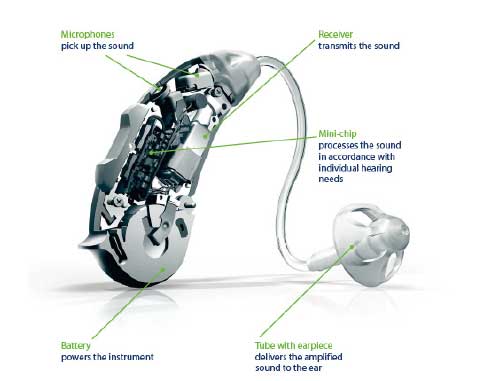PRESS RELEASE – LESS than a month ago, Saint Lucians received the gift of hearing from the Starkey Hearing Foundation — this time around they are set to see what the future holds with the gift of sight.
Diabetes is a complex condition which can affect the entire body. If complications develop, it can have a significant impact on the quality of life and reduce the life expectancy.
St. Lucia has a diabetes prevalence rate of 14.6 percent. Diabetes retinopathy is a major cause of morbidity in persons living with diabetes and is among the most common causes of sight loss in the working age population.
In this regard the Ministry of Health & Wellness held the official opening ceremony for the newly-implemented Diabetic Retinopathy Programme in Primary Health Care.
The ceremony took place on Thursday at the Vieux Fort Wellness Centre. Whilst addressing the gathering, Minister for Health & Wellness, Mary Isaac, took the opportunity to give an enthusiastic ovation to the donors for their support.
“I would like to sincerely extend our deepest gratitude to out funding agencies the Queen Elizabeth Diamond Jubilee Trust in coordination with the London School of Hygiene & Tropical Medicine as well as Firmley Park Hospital who have been instrumental in ensuring the implementation of this programme in Saint Lucia.
“In Saint Lucia, we presently have approximately 12,000 patients with diabetes and approximately 1,200 of them are experiencing vision threatening diabetic retinopathy. I am convinced this programme, the screening and laser treatment, will inevitably play an important role in reducing the prevalence of diabetic retinopathy in Saint Lucia.
“We can now detect it and treat it before it’s too late for an intervention. At the Ministry of Health & Wellness, prevention is our focus in the management of chronic non-communicable diseases.”
Saint Lucia is one of four countries to benefit from this programme. The other three countries include are Belize, Dominica and Jamaica. The project will be implemented over a four-year period. However, the aim of the Ministry of Health is to make this programme sustainable past the four years by providing extensive training to the local medical personnel.
Meanwhile, Dr. Covadonga Bascaran, Technical Consultant for the Caribbean Retinopathy Programme, made a special appeal for people with diabetes to come forward for eye screening. She said early detection is of paramount importance.
“We need to see every healthy eye of a diabetic in the island in order to prevent those that are going to become blind in time. So the challenge to come is to make sure that patients that have no symptoms come and get their photographs taken. At the beginning, we will see a surge of patients that already have the symptoms, they will be the first ones to come for the photograph because they already have a problem and they think it’s a solution but it’s likely some of them will be too late. So spreading the word to patients that have no problems in their eyes to come to take their photographs is what we really think between now and 10 years’ time will make a big difference in the prevalence of blindness due to diabetes in the island,” explained Dr.Bascaran.
“We must understand that the laser is not a miracle treatment,” said Dr. Darra Burt, National Ophthalmologist whilst addressing the audience at the ceremony. “The treatment only applies to patients with vision-threatening diseases. In diabetic retinopathy, what the laser does is it reduces blindness it doesn’t prevent it. We must understand that what it does is prevent vision loss but it doesn’t reverse it so as long as vision loss is already established it doesn’t reverse the vision loss we try to prevent it.”
Ministry officials are encouraging individuals to bring a friend, colleague, or family member or just tell a friend to tell a friend to get screened and take advantage of this free service.














